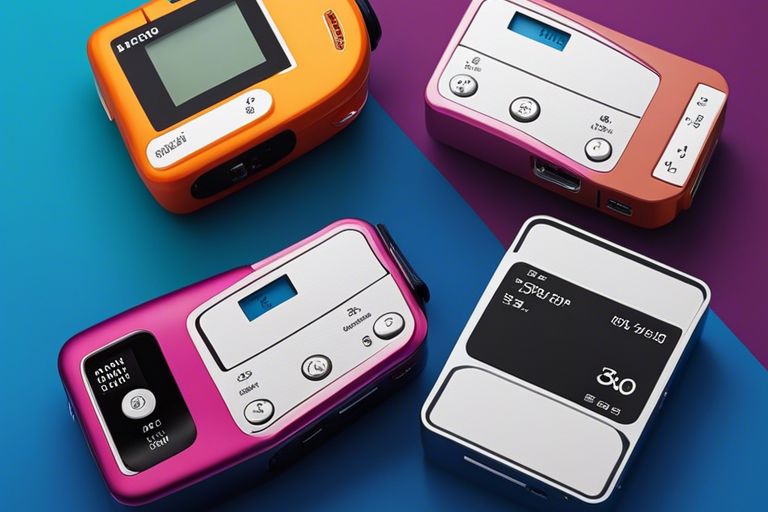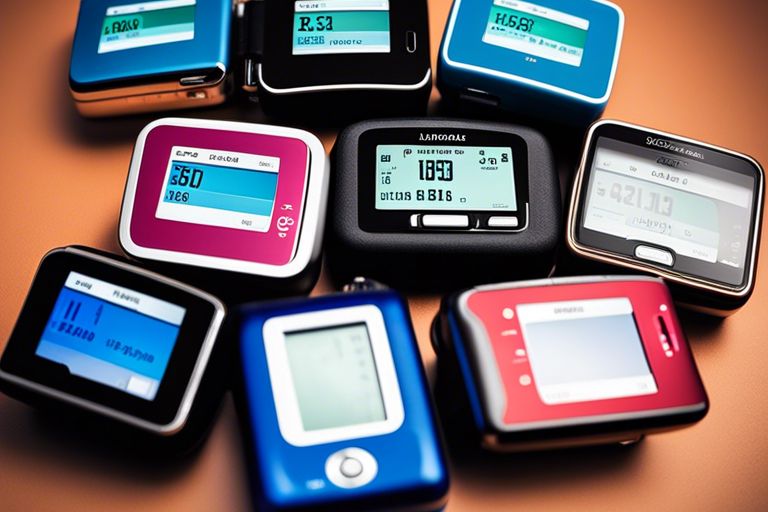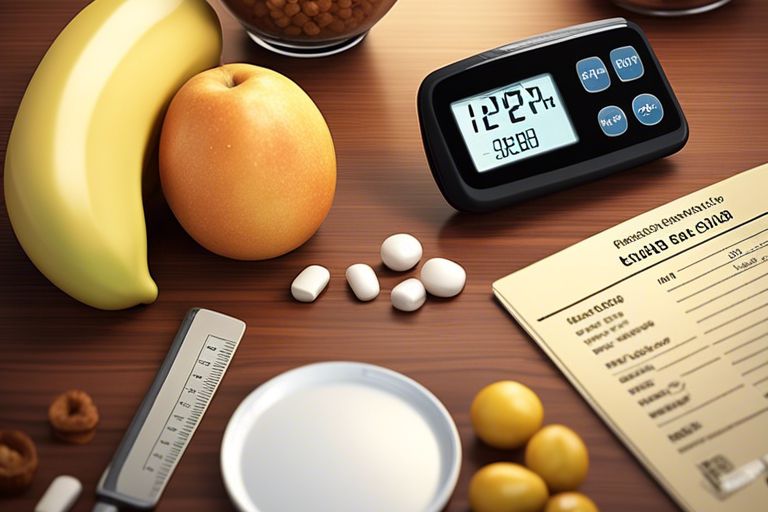Living with Type 1 Diabetes can be challenging, especially when it comes to managing blood sugar levels. One of the most common complications that individuals with Type 1 Diabetes face is hypoglycemia, also known as low blood sugar. Hypoglycemia occurs when the blood sugar levels drop below normal, usually below 70 mg/dL.
It is important to manage hypoglycemia effectively to prevent any potential complications. Here are some tips to help you manage hypoglycemia in Type 1 Diabetes:
1. Regular Blood Sugar Monitoring
Regularly monitoring your blood sugar levels is crucial in managing hypoglycemia. It helps you to detect any changes in your blood sugar levels and take appropriate actions to prevent hypoglycemia. Make sure to check your blood sugar levels frequently, especially before and after meals, physical activity, and before going to bed.
2. Balanced Diet
A balanced diet plays a vital role in managing hypoglycemia. It is essential to have a well-balanced meal plan that includes carbohydrates, proteins, and healthy fats. Avoid skipping meals and try to have regular meals and snacks throughout the day. This helps in maintaining stable blood sugar levels and prevents hypoglycemia.
3. Carbohydrate Intake
Carbohydrates are the primary source of energy for our body. Including carbohydrates in your meals and snacks can help in preventing hypoglycemia. However, it is important to choose complex carbohydrates that are slowly digested and provide a steady release of glucose. Examples of complex carbohydrates include whole grains, legumes, and vegetables.
4. Adjusting Insulin Dosage
If you are experiencing frequent episodes of hypoglycemia, it might be necessary to adjust your insulin dosage. Consult with your healthcare provider to determine the appropriate insulin dosage that suits your needs. They might recommend reducing the insulin dose or changing the timing of your insulin injections to prevent hypoglycemia.
5. Exercise Management
Physical activity is important for overall health and well-being. However, it is crucial to manage your exercise routine to prevent hypoglycemia. Check your blood sugar levels before and after exercise to ensure they are within the target range. It might be necessary to have a snack before exercising to prevent low blood sugar levels.
Managing hypoglycemia in Type 1 Diabetes requires constant monitoring and adjustments. It is important to work closely with your healthcare provider to develop a personalized management plan. Remember, everyone’s diabetes management is unique, and what works for one person might not work for another.
By following these tips and working closely with your healthcare provider, you can effectively manage hypoglycemia and live a healthy life with Type 1 Diabetes.




